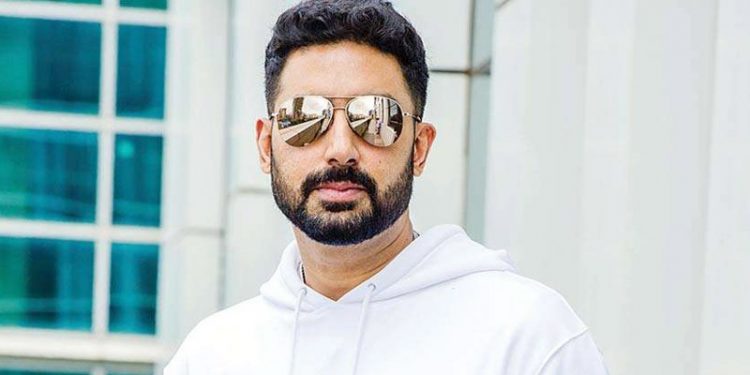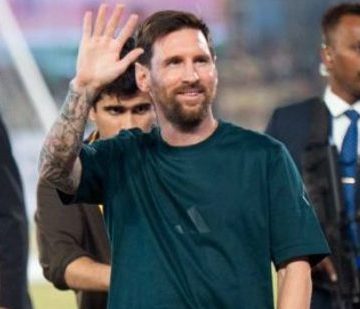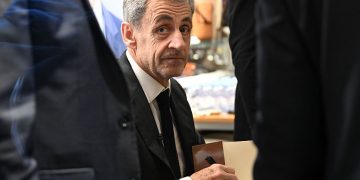New Delhi: The Delhi High Court Wednesday said it would pass order on film actor Abhishek Bachchan’s plea seeking to protect his publicity and personality rights, and restrain websites and platforms from using his image, likeness, persona and fake videos, including sexually explicit material.
Justice Tejas Karia took on record the note submitted by Bachchan’s counsel regarding the defendant entities against whom he was seeking relief.
“We will pass an order,” the court said.
On September 9, the court also heard a similar plea by Abhishek Bachchan’s wife Aishwarya Rai Bachchan who sought to protect her personality rights and to restrain online platforms from illegally using her name, images and AI-generated pornographic content.
The court said it would pass an interim order on Rai’s plea, injuncting the defendant’s websites and platforms.
In 2023, the couple’s daughter Aaradhya Bachchan had also moved the high court seeking to restrain and take down misleading content on her health.
Advocate Pravin Anand, representing Abhishek, said the defendants are creating AI-generated videos of the actor and creating fake photos signed by him and also sexually explicit material.
Bachchan was also represented through advocates Ameet Naik, Madhu Gadodia and Dhruv Anand.
During the hearing, Bachchan’s counsel submitted that he is a globally recognised actor and has earned immense goodwill, respect and credibility.
“I have put his filmography. He has got 57 awards, of which 9 are filmfare awards. He is also into major sports events as a person who promotes Kabbadi, Indian Super League for football,” Anand said, adding that the rights he was claiming were the publicity and personality rights, copyright and passing off.
He argued the defendants, including several unidentified parties, are using artificial intelligence and deepfake technology by morphing or superimposing the face of the plaintiff to create his distasteful videos and images which are “sexually explicit”.
The counsel said these images or videos are not authorised by Bachchan, and the defendants are also engaged in illegal merchandising, including making posters and selling signed photographs claiming it to be signed by the actor.
The court then remarked, “The other problem is also that making URLs part of the order, because the order becomes public, and once URLs become public, instead of protecting personality rights, it may do more damage to the person’s right?”
The lawyer responded, “Since they will be taking action immediately and blocking them, then websites will be blocked.”
The high court posted Bachchan’s matter November 7 before the court’s joint registrar and the court January 15, 2026, for further proceedings. Rai’s plea is also listed on the same dates.
The right to publicity, popularly known as personality rights, is the right to protect, control, and profit from one’s image, name, or likeness.
The different aspects of Bachchan’s personality that he sought to protect include his name, voice, image, unique style of dialogue delivery and signature.
The plea said misappropriation of any attribute of the plaintiff’s persona without her express permission for a commercial purpose is liable to be restrained on the basis of the traditional conception of publicity rights.
The suit has arrayed as defendant entities — Bollywood Tee Shop, Tee Public, Ice Poster, Top Pix, Wallpaper Cave, Wallpaper.com, GM Authentic Autos LLC, JS Sham Rock and Etsy.
Further, the plea has arrayed YouTube channels AI MH 39, Eat with Celebrities, Enjoy with Celebrities, All In 1 and Game with Giri, Google LLC, Union Ministry of Electronics and Information Technology and Department of Telecommunications.






































